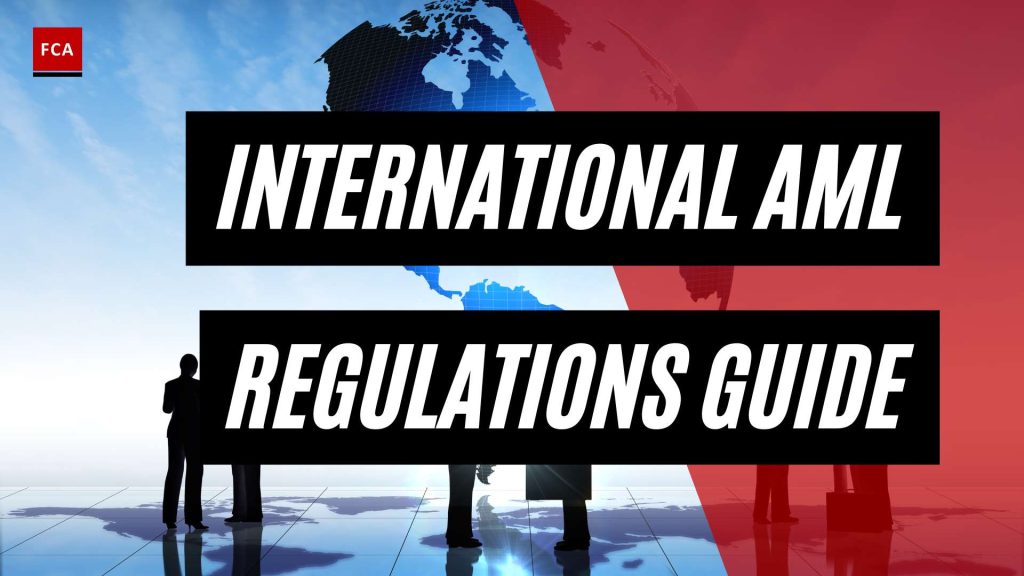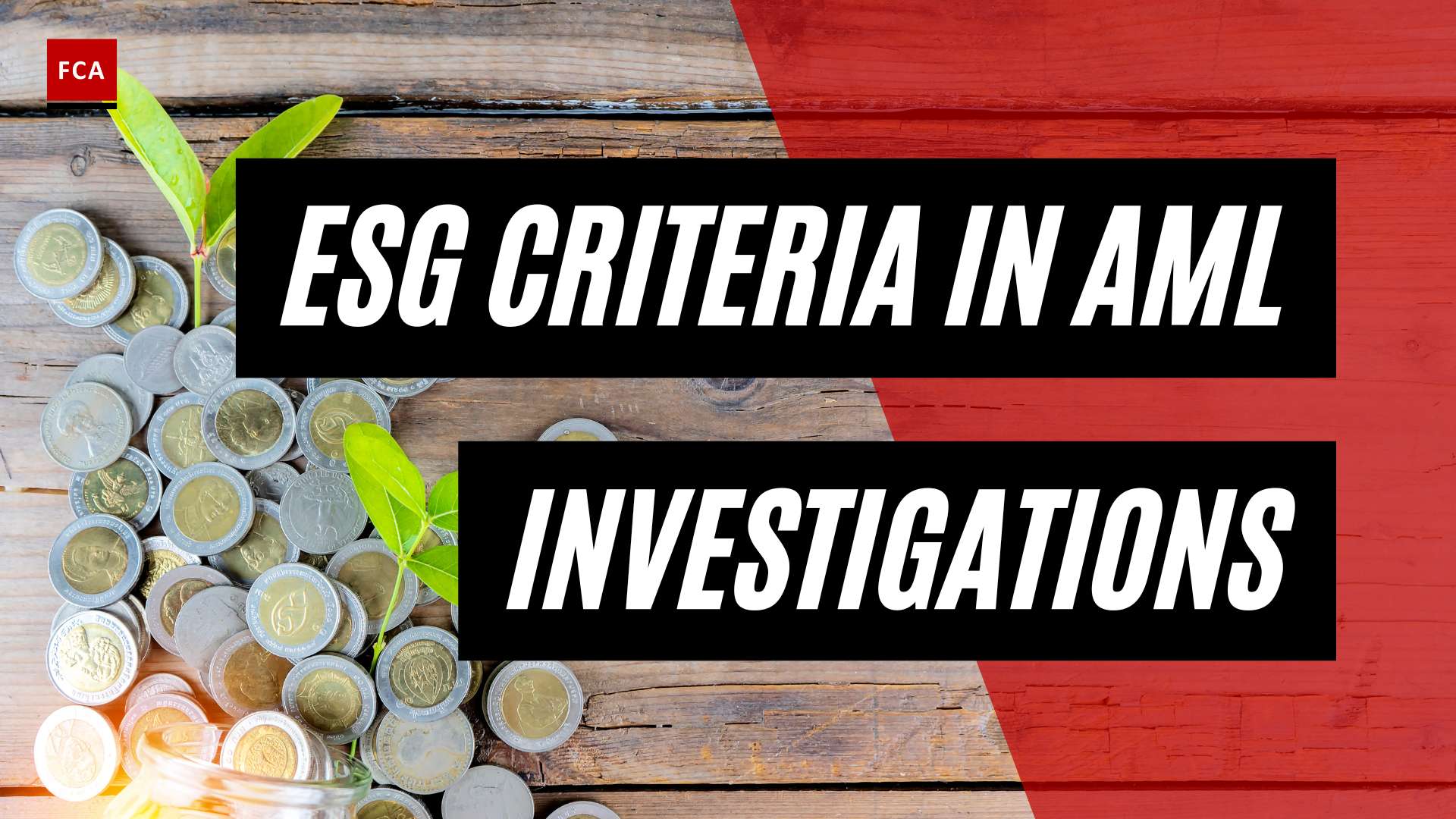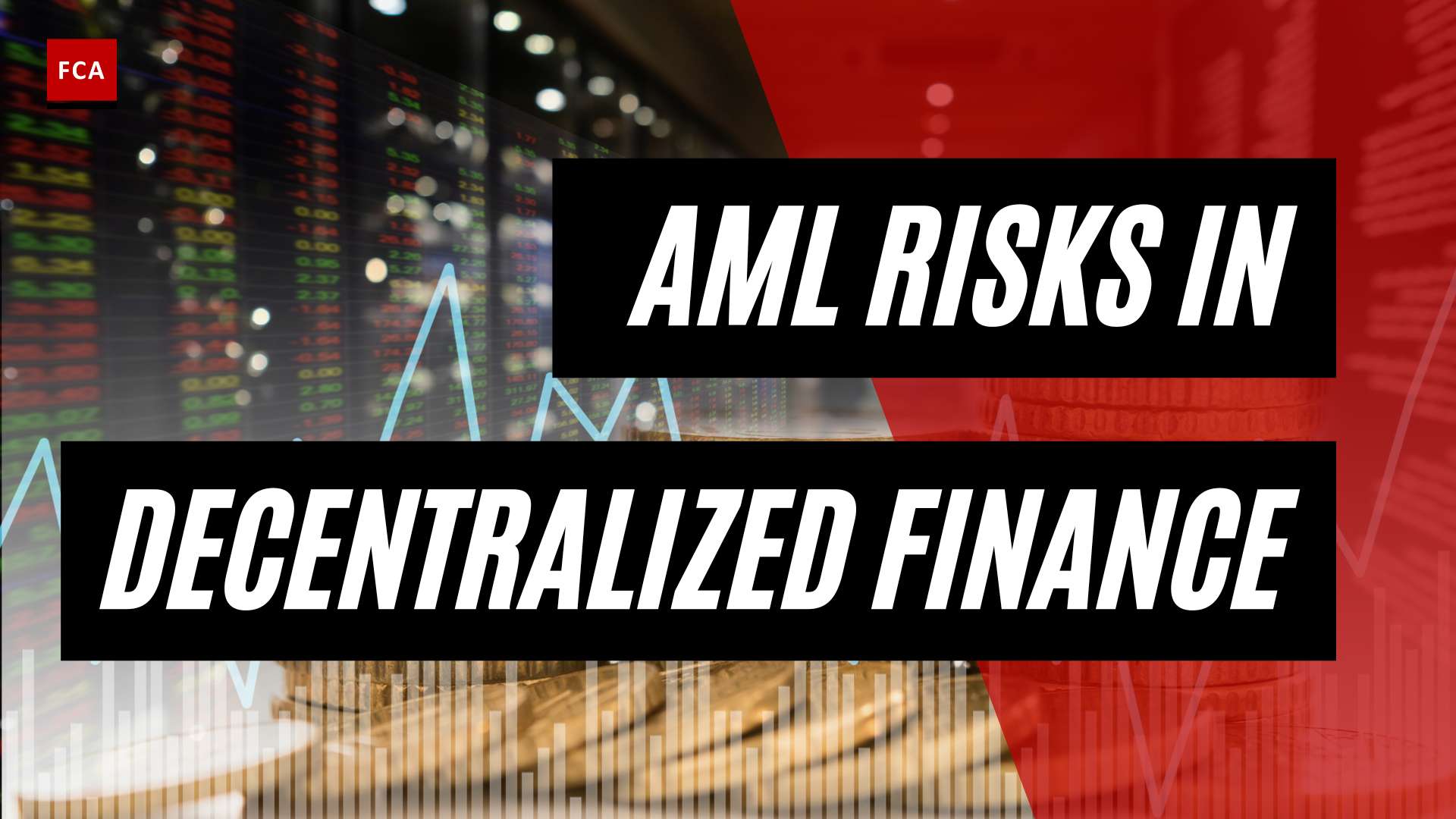Understanding International AML Regulations
To navigate the complex landscape of global finance, it is crucial to have a clear understanding of international Anti-Money Laundering (AML) regulations. These regulations play a vital role in maintaining the integrity of the financial system and preventing illicit activities such as money laundering and terrorist financing. Let’s explore the importance of AML regulations and the global impact of money laundering.
Importance of AML Regulations
AML regulations are designed to prevent the infusion of illicit funds into the economy, maintaining financial system integrity and stability. Criminal activities such as money laundering, terrorism financing, and financial fraud can have severe consequences, including destabilizing economies and impacting societal well-being (LexisNexis). A strong and effective AML policy promotes transparency and accountability in financial transactions, fostering trust among businesses, financial institutions, and customers (LexisNexis). By deterring and detecting financial crimes, AML regulations contribute to a global financial landscape that remains secure, credible, and robust.
Global Impact of Money Laundering
Money laundering is a global issue that transcends borders and impacts countries worldwide. Criminals exploit cross-border transactions to move illicit funds and evade capture. These illicit funds often stem from activities such as tax evasion, corruption, and drug trafficking. The impact of money laundering extends beyond financial stability, affecting trust in the system and the overall well-being of societies (IMF Blog). To address this issue, international cooperation and consistent AML regulations are essential.
Understanding the importance of AML regulations and the global impact of money laundering helps professionals working in compliance, risk management, and anti-money laundering to navigate the regulatory landscape effectively. By staying up to date with AML legislation, global AML standards, and implementing robust AML compliance measures, financial institutions and businesses can contribute to a more secure and trustworthy financial system.
In the next section, we will explore key international regulatory bodies that play a significant role in shaping AML regulations and enforcing compliance.
Key International Regulatory Bodies
When it comes to navigating international anti-money laundering (AML) regulations, understanding the roles and responsibilities of key regulatory bodies is essential. These organizations play a crucial role in setting standards, enforcing regulations, and combating money laundering and financial crimes. Here are four key international regulatory bodies involved in AML efforts:
Financial Action Task Force (FATF)
The Financial Action Task Force (FATF) was established in 1989 by the G7 to set international standards for AML and counter-terrorist financing (CTF). The FATF’s recommendations are recognized globally as the benchmark for combating money laundering. The FATF works to develop policies, promote effective implementation of AML standards, and assess the compliance of member countries.
Financial Crimes Enforcement Network (FinCEN)
The Financial Crimes Enforcement Network (FinCEN) was established in 1990 by the U.S. Treasury Department. FinCEN collects and analyzes information related to financial transactions to combat money laundering, terrorist financing, and other financial crimes. It plays a pivotal role in enforcing AML regulations within the U.S. financial system, working closely with financial institutions and law enforcement agencies.
Office of Foreign Assets Control (OFAC)
The Office of Foreign Assets Control (OFAC), an agency under the U.S. Treasury Department, administers and enforces economic and trade sanctions. OFAC plays a critical role in combating money laundering by targeting individuals, entities, and countries involved in illicit activities. Financial institutions must comply with OFAC regulations to prevent transactions with sanctioned entities and ensure compliance with international sanctions.
Consumer Financial Protection Bureau (CFPB)
The Consumer Financial Protection Bureau (CFPB) is a U.S. government agency responsible for protecting consumers in the financial sector. While its primary focus is consumer protection, the CFPB also plays a role in AML efforts. It supervises banks, credit unions, security firms, and lenders to ensure compliance with AML regulations and prevent money laundering activities.
Understanding the roles of these key international regulatory bodies is crucial for organizations and professionals operating in the financial sector. Compliance with the guidelines and regulations set by these bodies is essential to prevent money laundering, promote financial integrity, and safeguard the global financial system.
Major AML Regulations Around the World
To effectively combat money laundering and terrorist financing, countries around the world have established various AML regulations. Understanding these regulations is crucial for professionals working in compliance, risk management, anti-money laundering, and anti-financial crime. Here are some major AML regulations from different parts of the world:
European Union’s Fourth Anti-Money Laundering Directive (AMLD4)
The European Union’s Fourth Anti-Money Laundering Directive (AMLD4), adopted in 2015, plays a significant role in combating money laundering and terrorist financing within the EU. This directive aims to increase transparency and improve cooperation among financial institutions. It includes provisions related to customer due diligence, beneficial ownership, politically exposed persons, and risk assessments. AMLD4 sets standards for anti-money laundering measures across EU member states, promoting a unified approach to combating financial crimes. For more information on AMLD4, visit our article on anti-money laundering legislation.
Foreign Account Tax Compliance Act (FATCA)
Enacted by the United States in 2010, the Foreign Account Tax Compliance Act (FATCA) focuses on preventing tax evasion by requiring foreign financial institutions to report account information of U.S. citizens to the Internal Revenue Service (IRS). FATCA aims to improve tax compliance and reduce offshore tax evasion. Financial institutions worldwide must comply with FATCA requirements to ensure transparency and cooperation in combating money laundering and tax offenses. To learn more about FATCA, read our article on AML reporting obligations.
Bank Secrecy Act (BSA)
The Bank Secrecy Act (BSA) is a key AML regulation in the United States. It requires financial institutions to establish and maintain effective anti-money laundering programs to prevent money laundering and terrorist financing activities. The BSA focuses on AML risk assessment, suspicious activity reporting, and customer due diligence. Compliance with the BSA is essential for financial institutions operating in the U.S. For a comprehensive guide on AML compliance, refer to our article on AML compliance training.
Wolfsberg Group
The Wolfsberg Group, formed in 2000 by a group of international financial institutions, is committed to developing frameworks and guidance for managing financial crime risks, including anti-money laundering and counter-terrorist financing measures. This group focuses on promoting best practices globally in the fight against financial crimes. Financial institutions often refer to the Wolfsberg Group’s guidance to strengthen their AML policies and procedures. For more information on the Wolfsberg Group and its initiatives, visit our article on global AML standards.
Understanding these major AML regulations is essential for professionals involved in compliance and risk management. Compliance with these regulations is crucial to ensure transparency, prevent financial crimes, and maintain the integrity of the global financial system. By adhering to these regulations, financial institutions can contribute to a safer and more secure financial environment globally.
Consequences of Non-Compliance
The consequences of non-compliance with international AML regulations can be severe, with increasing fines and penalties, significant impacts on financial institutions, and the risk of being added to the FATF blacklist.
Increasing Fines and Penalties
In recent years, there has been a notable increase in fines and penalties for non-compliance with AML regulations. Regulatory agencies worldwide are taking a stricter stance, resulting in larger fines against companies found in breach of AML regulations. In fact, AML fines have increased by 50% compared to previous years, indicating a growing trend of higher penalties for non-compliance in the sector. In 2022 alone, banks and financial institutions globally faced nearly $5 billion in fines for AML and other financial crime breaches (LexisNexis).
These escalating fines serve as a deterrent and underscore the importance of maintaining robust AML compliance measures. Companies must implement effective AML risk assessment procedures, AML compliance training, and AML reporting obligations to prevent non-compliance and potential financial penalties.
Impact on Financial Institutions
Non-compliance with international AML regulations can have significant ramifications for financial institutions. Alleged breaches of AML regulations can result in reputational damage, loss of customer trust, and diminished business opportunities. The financial risks for companies related to compliance breaches are escalating, as reflected in the increasing total fines imposed by global enforcements for involvement in alleged money laundering and terrorist financing (LexisNexis).
Regulatory changes have sharpened the enforcement actions of regulatory agencies, aiming to improve investigation and prosecution of companies involved in money laundering. Countries like France and Germany have strengthened their AML enforcement capabilities, giving more powers to their respective financial investigation units and creating new agencies with investigative powers (LexisNexis). Financial institutions must stay vigilant, continuously assess their AML compliance frameworks, and adapt to changing regulations to mitigate the risks associated with non-compliance.
FATF Blacklist
The Financial Action Task Force (FATF) maintains a list of countries that pose a high risk in terms of money laundering and terrorist financing. Being added to the FATF blacklist can have severe consequences for a country’s economy and international relationships. Financial institutions operating within these blacklisted jurisdictions may face increased scrutiny and restrictions, making it challenging to conduct business globally.
To avoid being added to the FATF blacklist, countries must demonstrate their commitment to implementing effective AML regulations and actively combating money laundering and terrorist financing. Financial institutions must also ensure they have robust AML compliance software, AML compliance audits, and strong internal controls to meet global AML standards.
Understanding the consequences of non-compliance is crucial for organizations and financial institutions operating in an international landscape. By prioritizing AML compliance, implementing effective risk management strategies, and staying informed about evolving regulations, companies can avoid the financial, reputational, and operational risks associated with non-compliance.
Ensuring AML Compliance
To navigate the complex landscape of international AML regulations, organizations must establish robust measures to ensure compliance. Key components of an effective AML compliance program include implementing Know Your Customer (KYC) procedures, suspicious activity reporting, and providing comprehensive training and education to employees.
Know Your Customer (KYC) Procedures
Know Your Customer (KYC) procedures are a fundamental aspect of AML compliance. KYC refers to the process of verifying the identity of customers and assessing the risk they pose in terms of potential money laundering activities. By implementing thorough KYC procedures, organizations can mitigate the risk of facilitating illicit financial transactions.
KYC procedures typically involve collecting and verifying customer information, such as identification documents, proof of address, and other relevant data. This information is then used to perform risk assessments and determine the appropriate level of due diligence required for each customer. Compliance teams should also periodically review and update customer information to ensure ongoing compliance.
To streamline and standardize the KYC process, organizations can leverage technology solutions, such as AML compliance software. These tools automate data collection, verification, and risk assessment processes, enabling organizations to efficiently manage their KYC obligations while maintaining compliance.
Suspicious Activity Reporting
Another critical aspect of AML compliance is the timely reporting of suspicious activities. Financial institutions and other regulated entities are required to monitor customer transactions and promptly report any suspicious activities that may indicate potential money laundering or other illicit financial behavior.
AML regulations outline the criteria for identifying suspicious activities, which may include unusual transaction patterns, large cash deposits or withdrawals, transactions involving high-risk jurisdictions, or transactions that are inconsistent with a customer’s known profile or business activities. When such activities are detected, organizations must submit suspicious activity reports (SARs) to the appropriate regulatory authorities.
To facilitate the reporting process, organizations should have a well-defined internal framework for identifying, investigating, and reporting suspicious activities. This framework should include clear escalation processes and designated personnel responsible for managing SARs. Regular training and updates on emerging money laundering trends and typologies are also crucial to enhance the effectiveness of suspicious activity reporting.
Training and Education
Comprehensive training and education are essential components of an effective AML compliance program. It is crucial for organizations to ensure that employees at all levels are well-informed about their responsibilities and obligations under international AML regulations.
Training programs should cover topics such as the nature and impact of money laundering, the legal and regulatory framework, customer due diligence, suspicious activity identification, and reporting obligations. Employees should also receive training on emerging trends, evolving risks, and best practices in AML compliance.
By investing in continuous training and education, organizations can foster a culture of compliance, where employees are equipped with the knowledge and skills necessary to identify and address potential money laundering risks. Regular assessments and audits of AML compliance training programs can help identify areas for improvement and ensure ongoing effectiveness.
Navigating international AML regulations requires organizations to establish robust compliance measures. By implementing effective KYC procedures, promoting suspicious activity reporting, and providing comprehensive training and education, organizations can enhance their AML compliance efforts and contribute to the global fight against money laundering.
International Collaboration in AML Efforts
To effectively combat money laundering on a global scale, international collaboration plays a crucial role. Various stakeholders, including regulatory bodies, financial institutions, and technology providers, work together to strengthen anti-money laundering (AML) efforts worldwide. In this section, we will explore the importance of collaboration, the role of technology, and cooperation among regulatory authorities in the fight against money laundering.
Importance of Collaboration
Collaboration among countries and organizations is essential in addressing the evolving challenges posed by money laundering. As highlighted by the International Monetary Fund (IMF), countries need to collaborate and innovate collectively to combat money laundering effectively on an international scale. By sharing information and best practices, countries can enhance their understanding of global money laundering trends and develop more robust countermeasures.
International collaboration also enables the identification of cross-border illicit flows. The IMF employs machine learning technologies and data analysis to track these flows and identify potential money laundering scenarios globally. These tools enhance nations’ ability to detect and investigate unusual financial movements for emerging threats (IMF Blog). By working together, countries can strengthen their collective capabilities to combat money laundering and protect the integrity of the global financial system.
Role of Technology
Technology plays a pivotal role in facilitating international collaboration in AML efforts. Advanced analytics, artificial intelligence, and machine learning enable financial institutions and regulatory authorities to analyze vast amounts of data efficiently. These technologies help identify suspicious patterns, detect emerging trends, and improve the effectiveness of AML measures.
By harnessing the power of technology, regulatory authorities can monitor non-resident risks and implement inter-border countermeasures more effectively. For example, the IMF uses machine learning technologies to track cross-border illicit flows, enhancing their ability to combat money laundering on a global scale (IMF Blog). Innovative solutions, such as AML compliance software, allow financial institutions to streamline their compliance processes and strengthen their ability to detect and report suspicious transactions.
Cooperation Among Regulatory Authorities
Cooperation among regulatory authorities is vital in establishing consistent global AML standards and promoting effective enforcement. The Financial Action Task Force (FATF) serves as an intergovernmental organization that sets international standards for AML and counter-terrorist financing (Dow Jones). The FATF’s recommendations are recognized globally as the benchmark for AML measures. Regular assessments conducted by the FATF ensure that countries are compliant with these standards and encourage ongoing collaboration.
Additionally, regional collaboration and information sharing play a crucial role in combating money laundering. Regulatory authorities emphasize the need for stronger international collaboration in supervising banks’ AML efforts, especially in the context of emerging trends such as crypto assets and borderless financial transactions. Through coordinated efforts and shared intelligence, regulatory authorities can enhance their ability to detect and address financial crimes.
By fostering international collaboration, leveraging technology, and promoting cooperation among regulatory authorities, the fight against money laundering can be strengthened on a global scale. This collaborative approach helps establish consistent AML standards, improve detection capabilities, and protect the integrity of the financial system. Professionals working in compliance, risk management, and anti-money laundering must stay informed about global AML developments and actively participate in collaborative efforts to effectively combat money laundering worldwide.








